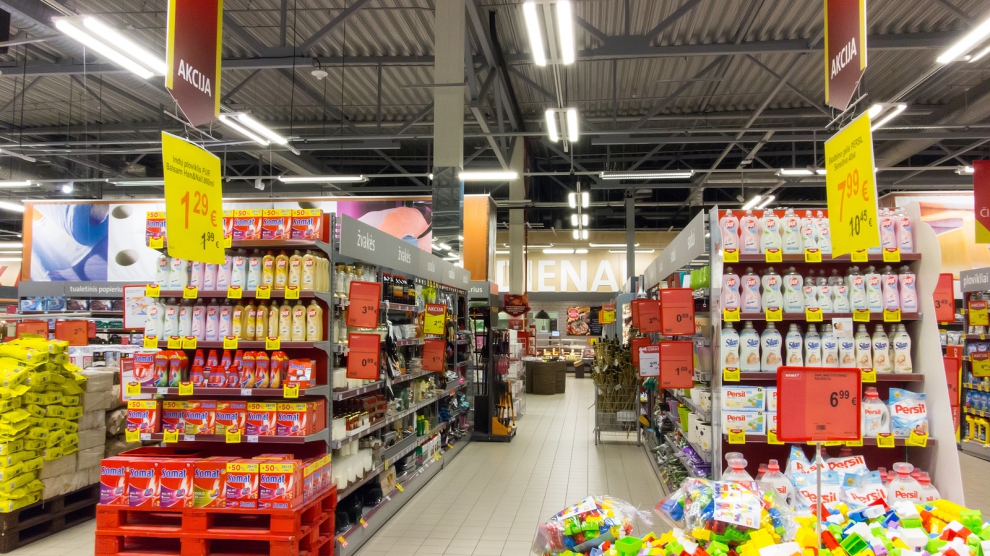Vytenis Povilas Andriukaitis, the European commissioner from Lithuania in charge of health and food safety confirmed on December 5 that there is no evidence food products supplied to the countries of Central and Eastern Europe (CEE) are of poorer quality than in Western Europe. The row over CEE groceries, however, looks far from being over.
“The battle (to defend your country) is fully comprehensible,” Mr Andriukaitis told a Lithuanian parliamentary commission investigating the differing quality of groceries. “However, research does not suggest any discrimination between the new and the old countries of the European Union.”
After Lithuania reported the problem last year, many other CEE countries followed suit. The Slovenian consumer association (ZPS) examined 32 identical products sold in Slovenia and Austria, claiming to have identified 10 products where there was a difference in quality, with the Slovenian version being lower in each of these cases.
“I will not accept that in some parts of Europe people are sold food of lower quality than in other countries, despite the packaging and branding being identical,” said the European Commission president, Jean Claude Juncker, at the time.
“Slovaks do not deserve less fish in their fishfingers, Hungarians less meat in their meals, Czechs less cocoa in their chocolate,” he added.
Producers have dismissed the claims as ungrounded, noting that the differences were due to divergent consumer preferences in the various markets, not quality.
“As long as the EU does not have uniform standards for certain food products, we cannot talk of any violations and problems,” said the Director General of the Latvian Food and Veterinary Service Maris Balodis. “This is because under the current legislation, companies commit no violations when using different ingredients in making the same products for different countries, and therefore the supervisory authorities cannot punish them.”
According to Mr Andriukaitis, problems exist both in Germany and Belgium but that Latvia itself had not reported any problems.
The fact that Latvia, unlike other countries in the region, has not reported problems with dual quality food products, may be due to use of a different technology in analysis of the food products, the country’s Agriculture Ministry said. The ministry has already asked the European Commission for information about the methodology used in other countries to identify differences in the quality of food products shipped to Central and Eastern Europe and those sold in Western Europe. It wants the methodologies compared so that decisions can be made about any further course of action.

